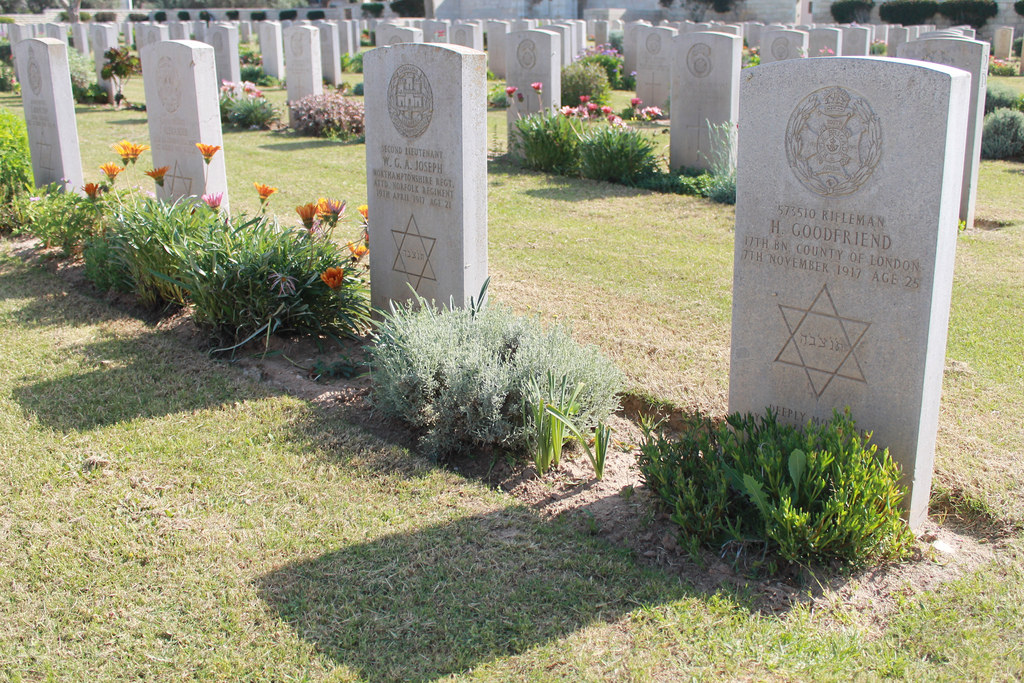Tag: Cast Lead
-

The Palestine Trauma Centre – psychological support for Gaza
30th April 2014 | Paramedics in Gaza | Gaza, Occupied Palestine We connected with the Palestine Trauma Centre (PTC) before we had left the UK. Within a few days of contact with them they had resolved all of our complicated visa issues and have since proved to be the most wonderful hosts. In our first couple of…


